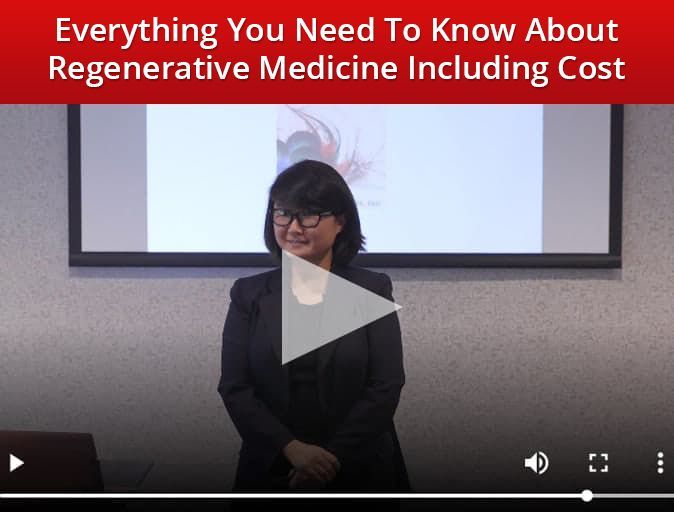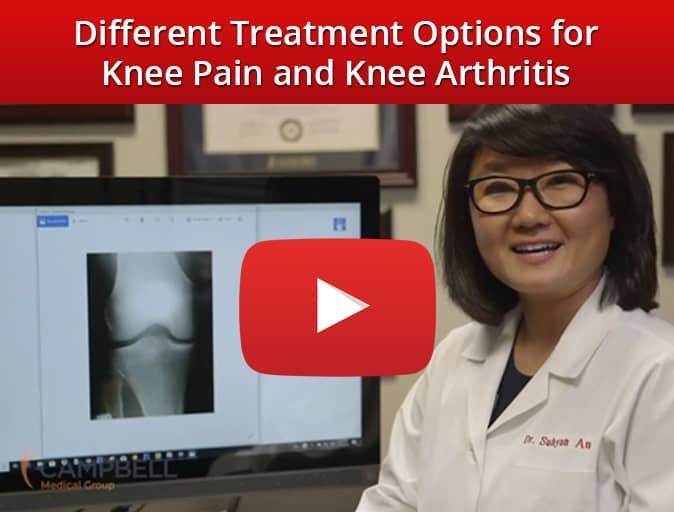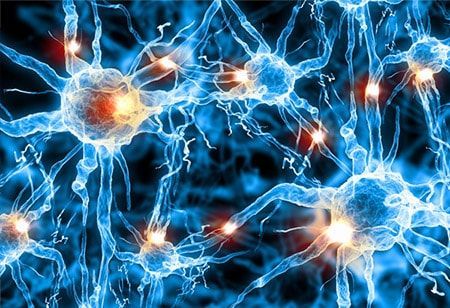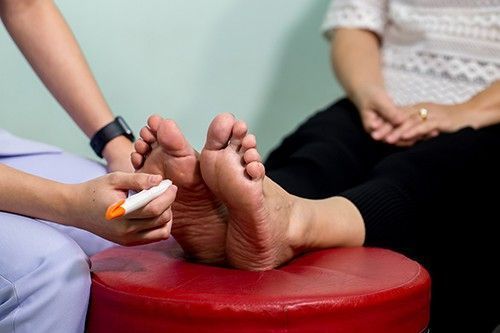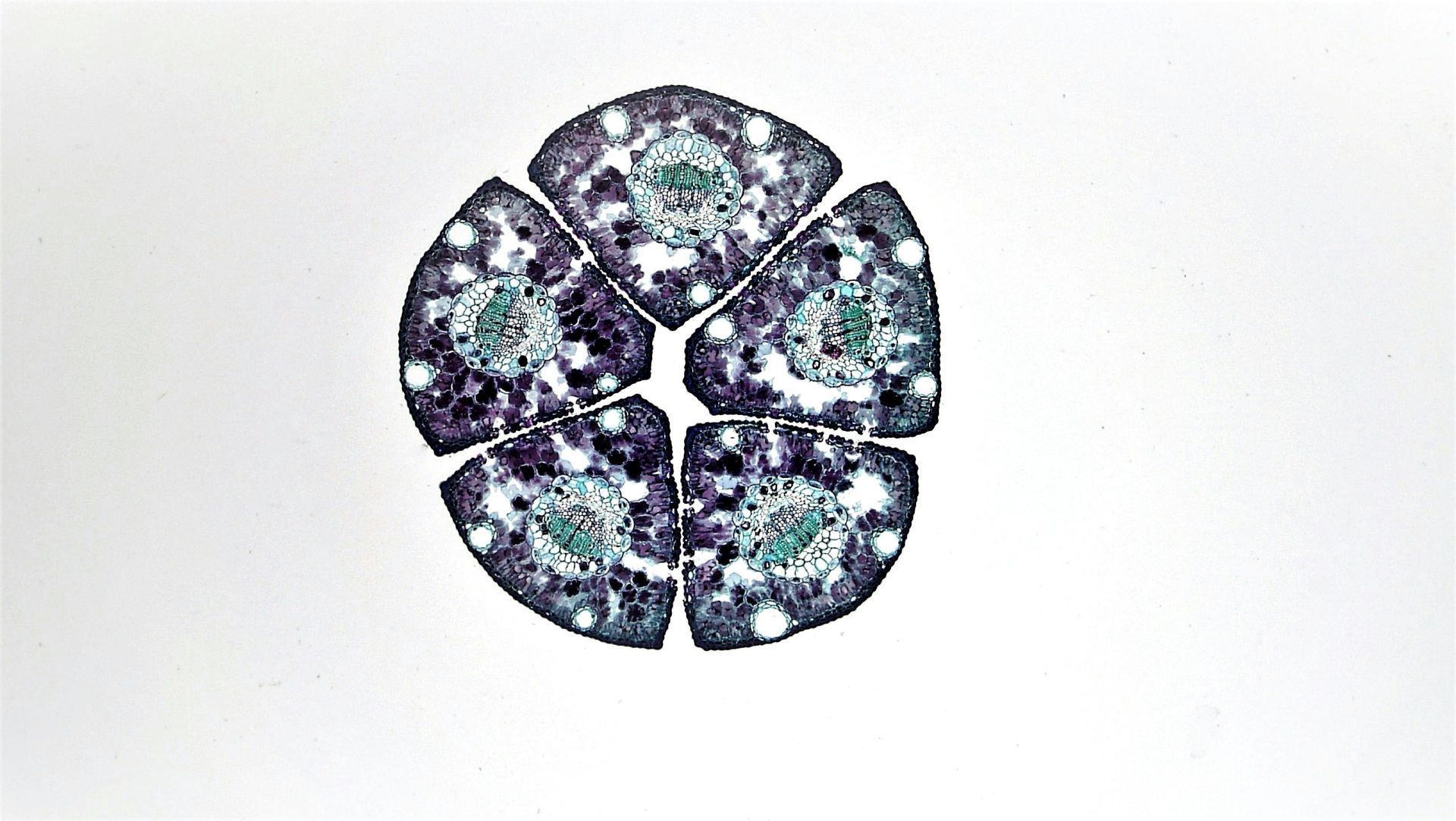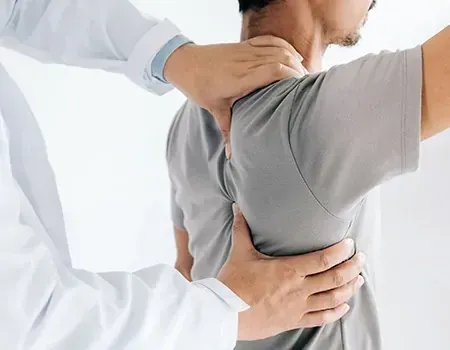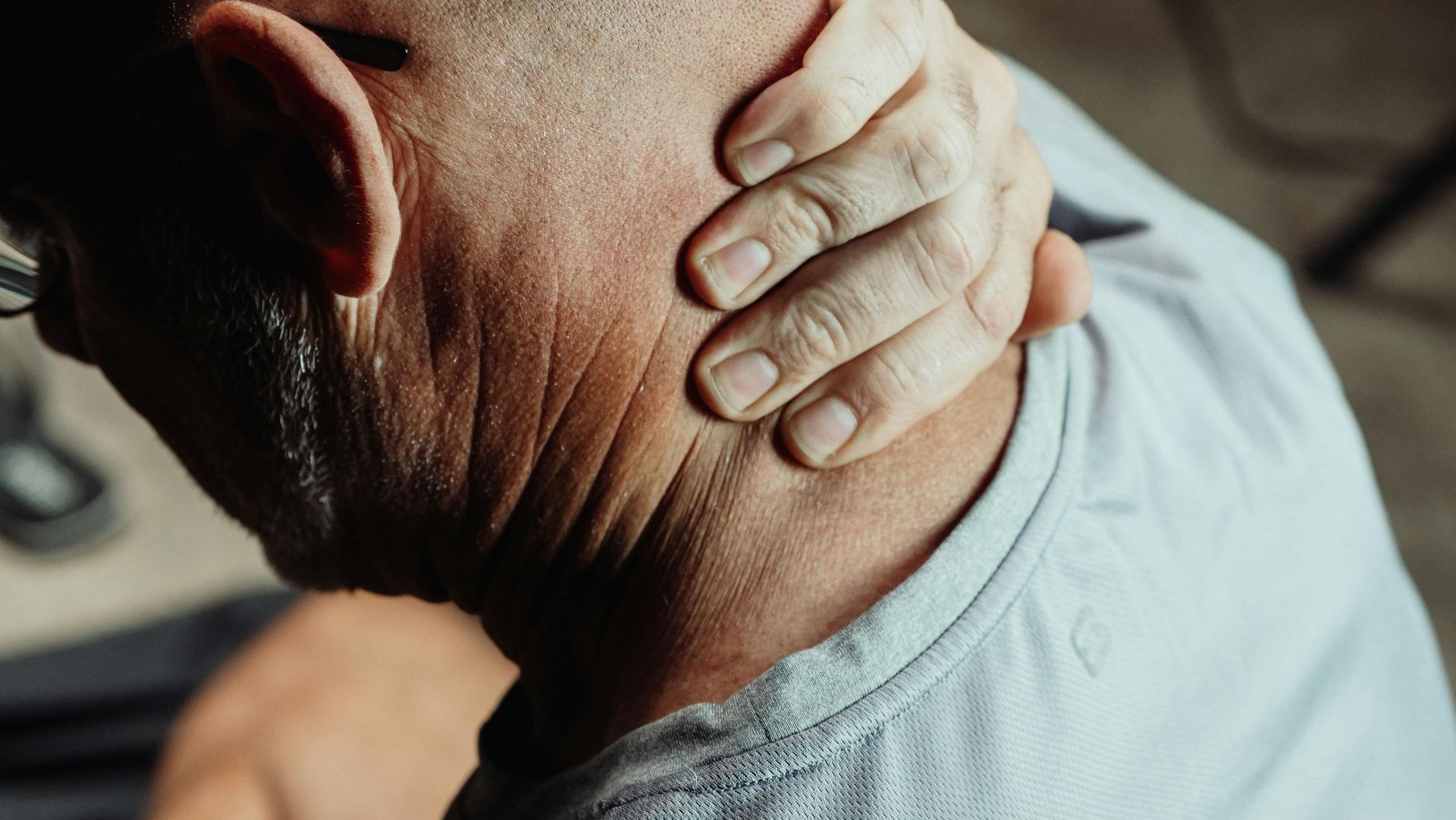Se Habla Español

If I Could Do This, My Father Would Still Be Alive
In 2014, pancreatic cancer took my father’s life. From the time of the diagnosis to his death was just seven weeks. But for the last three months of his life, he writhed in pain 24/7. He told me many times he wished to be dead. Death was indeed kind, when he passed, he had the most peaceful face I had seen.
My father started smoking and drinking at a very young age. His mother passed when he was just four years old, and he tried to fill it with alcohol and smoking. Drinking and smoking elevates one’s risk for pancreatic cancer by 50%, and really at the amount he was consuming, I thought it was a miracle he even made it to 70.
While he was dying, there was nothing that helped him ease his pain. He was put on all kinds of pain medication available, including high-dose opioid medications, but they only agitated him more. Medical marijuana allowed him to sleep when all other medications failed; it even made him laugh a little. But he made it very clear that he wished to die than suffer the pain.
I wonder if my father would have stopped smoking and drinking if he had known just how much he was going to suffer. If I could have warped time and shown him the last three months of his life, where he was curled up like a shrimp holding his stomach from the unimaginable pain, not being able to sleep, eat, wishing to be dead, if I could have shown him that, would he have stopped his vices? Every cigarette he lit up and every cup of drink he poured; if I could have folded time and showed him the compounding effects of each drink and cigarette, I believe he would still be here enjoying his days with his granddaughter.
Because the fact is, the small choices we make every day end up mattering — a lot. Darren Hardy really drives this point home in his bestselling book, The Compound Effect. In this work, Hardy argues that the little, seemingly inconsequential things we do every day end up compounding to have a massive effect on our lives.
Any one cigarette my father smoked didn’t have an immediate consequence on his overall health. The alcohol he drank also did not have an immediate consequence on his health. But the many times each day that he decided to smoke just one more cigarette — or drink just one more drink — added up. They created a compounding effect over the years and brought about the severe and tragic consequences leading to his death.
Forty years ago, if my father could have visualized in clear, stark images just how much pain his drinking and smoking would end up causing him, I believe my father would have been motivated to turn his life around. He would have quit the alcohol and cigarettes, and he would still be with us today.
The scary thing is it’s hard to see the effects of the accumulation of tiny choices until many years later. That’s why I think we could all gain a lot from visualizing the consequences of our small daily decisions. In fact, I wish I had a way of warping time not just for my late father but for all my patients. If I could show people the eventual effects of eating heavy desserts every day or skipping the gym to watch hours of TV every night, I think people would start making different decisions.
None of us want to find ourselves suddenly clutching our chest from a heart attack, having to undergo an amputation due to complications of diabetes, or suffering from intractable pain from cancer. Yet because the consequences of our actions seem so far away, many of us find ourselves continuing to do the very things that are known to lead to these results! We make seemingly inconsequential little decisions that cause us to gain a little weight here and lose a little cardiovascular fitness there. And over time, our decisions add up.
Unfortunately, none of us have a time warp machine to visualize the consequences of our decisions decades down the line. We do, however, have our imaginations and our ability to make better choices.
Now, as we near the end of the year, is a good time to give some deep thought to the consequences of our day-to-day decisions. This is the time when many of us start making New Year’s resolutions, after all, and year after year, many of us say we want to change our habits around weight, fitness, and health. So let’s take a few minutes to visualize what we want our lives to look like ten, twenty, forty years from now — and what we don’t want them to look like.
To be healthy, you do not need to join a fancy gym, buy expensive equipment, or spend a lot of money or even time. Being healthy starts with making the right, small, consistent choices in a moment. Choose to say no to the sugary dessert. Choose to walk for 30 min instead of watching TV. Choose to drink water over soda. Consistently. Those choices you make consistently, over time, will end up having a massive effect on your health.
What small choice will you make today to begin creating a remarkable, compounding change in your life?
By Dr. Suhyun An
May we invite you to join us for a
Complimentary Consultation?
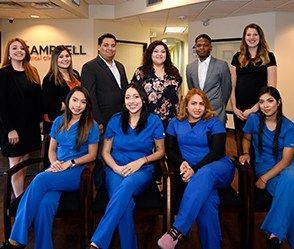
"Here at Campbell Health Center, we are dedicated to helping you get out of pain and get back to feeling great again.
Call us and tell us about your health issues and set up a consultation to discuss the treatment that will best get you back to optimum health.
We promise to sit down with you, face to face, and be attentive, present, focused and actually listen."
Campbell Health Center
Call us now at
(832) 243-7713
Advanced Pain
Management Articles
How Can We Help You?
This fast-growing treatment uses cellular tissue, growth factors, and PRP to heal and restore your body to a healthy level.
Campbell Health Center can help treat peripheral neuropathy, and help relieve the pain and discomfort associated with it.
We treat our patients with the most effective healing options available to ensure you can return to a pain-free life.
Stem Cell Therapy is an advanced regenerative medicine to provide safe and effective relief for a variety of health conditions.
Chiropractic care focused on restoring movement and correct positioning to the joints of the body.
Pain relief treatments are designed to help your body heal itself very effectively instead of masking the pain.
How Do Our Patients Feel About Us?
"Excellent Clinic! The staff were very helpful and polite from my initial phone call to every appointment day. All the doctors are friendly and knowledgeable. They took the time to explain my condition and my treatment options. Glad to find this clinic who can finally end my back pain!"
Susan B.
"Dr. An is great and so is her staff. I saw her about 24 hours after an ankle injury - she recommended PRP injections. Now it's 3 days after the PRP treatment and I'm back to teaching and practicing yoga. I highly recommend Campbell Health Center."
Hope W.


